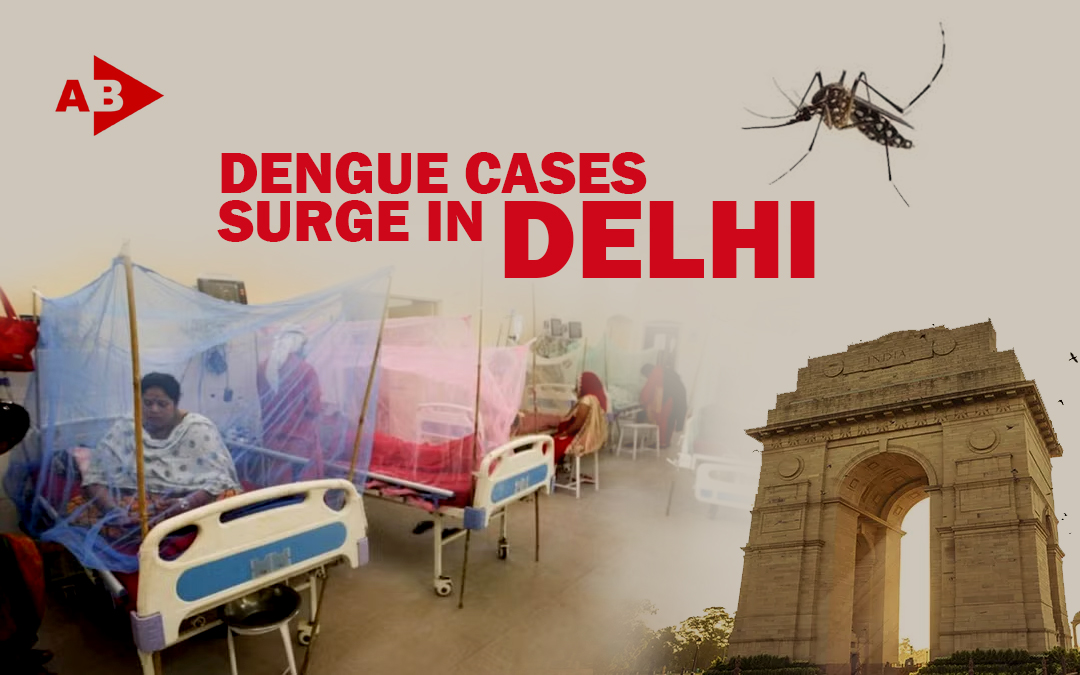
With over 9,300 cases reported this year, health officials urge greater community awareness and action.
J. Roy, New Delhi: As winter descends upon the capital, Delhi is grappling with a concerning rise in dengue cases, defying the seasonal trend typically associated with a decline in mosquito-borne illnesses. Last week alone, 312 new dengue cases were recorded, adding to a staggering total of 9,327 cases reported since January 2023. The persistence of this outbreak raises alarms among health officials and citizens alike.
According to data compiled by the Municipal Corporation of Delhi (MCD), the city’s health infrastructure has identified 5,701 dengue cases up to November 30. Notably, a significant portion of these cases—453—originated from outside Delhi, underscoring the need for a comprehensive tracking system. Alarmingly, there are 2,511 patients whose addresses are either unknown or inaccurately recorded, complicating efforts to control the spread of the disease. Additionally, 82 individuals were hospitalized but could not be located at their registered addresses.
Of the reported dengue cases, three fatalities have been linked to the outbreak this year, with the MCD areas witnessing the highest incidence. Following closely behind are areas governed by the Delhi Cantonment Board, which accounts for 2.4% of the total cases. The recent MCD report sheds light on the geographic concentration of cases, with notable clusters emerging in Central, Paharganj, Civil Lines, and other key localities.
In stark contrast to the dengue situation, malaria cases have surged significantly—reportedly 2.5 times higher than last year’s figures. The city has seen 766 malaria cases so far in 2023, a figure which is approximately 4.5 times greater than in 2022. Thankfully, no fatalities have been reported from malaria this year.
The World Health Organization (WHO) recommends that urban areas should monitor at least 1% of their population for mosquito-borne diseases monthly. For Delhi, this translates to over 200,000 blood slide tests each month. Yet, the city has fallen short of this target in recent years, raising concerns about public health preparedness and response.
As Delhi continues to battle this dual health threat, public health officials and community leaders emphasize the importance of awareness, preventive measures, and accurate disease surveillance to mitigate the rising tide of these infectious diseases. Immediate action is essential to protect public health and prevent further outbreaks as the winter season progresses.
The growing number of dengue and malaria cases serves as a reminder of the critical need for ongoing vigilance and proactive measures in urban health management.


